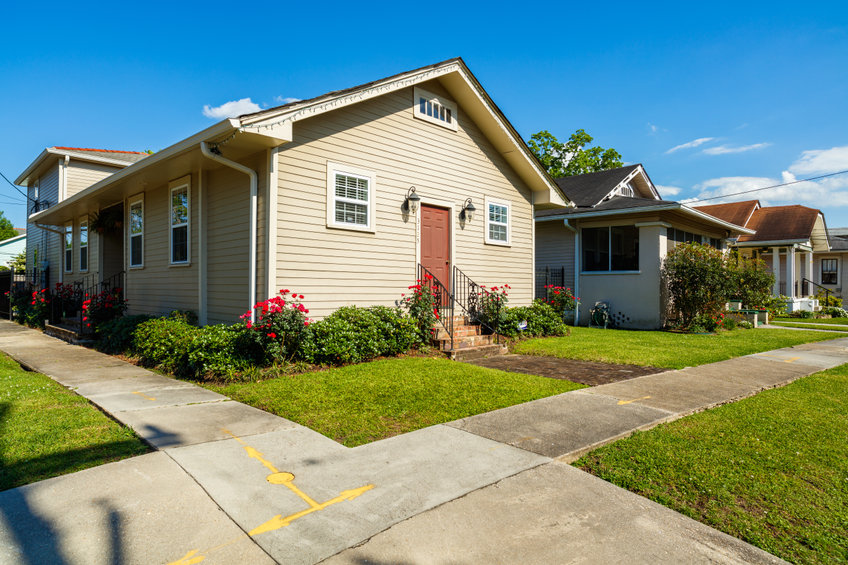
Social media has been flooded with the recent news about the New Orleans eviction moratorium. Having been extended four times by the CDC, the eviction moratorium enacted as an emergency public health measure in September 2020 eventually expired. A new moratorium began in October.
What does this mean for property owners? Keep scrolling down for more info on how the new eviction moratorium works!
What Property Owners Need to Know About the New Orleans Eviction Moratorium
What is the New Eviction Moratorium
The new moratorium was signed to temporarily halt eviction in counties where there is ‘substantial’ and ‘high’ risk COVID transmission. This temporary postponement is expected to take effect until October 3, 2021. With changing transmission rates between the communities, the areas in which the order applies may also change. Information about current transmission risk levels can be found here.
Who is Safe from Eviction Under the Eviction Ban
Rental housing across the country is covered by the eviction moratorium, no matter if it is publicly or privately owned. Hotel rooms and motels are not covered by this policy.
The CDC states that a “covered person” should meet the following criteria:
- He or she earned less than $99,000 in Calendar Year 2020, expect to make less than $99,000 the following year, had no income tax in 2020, or received federal stimulus funds (if filing jointly, income earned or expected is no more than $198,000).
- Lives in a parish (or county), where community transmission of COVID-19 is significant or high
- Cannot pay rent because of loss of income or high out-of-pocket medical expenses.
- Have made every effort to obtain government rental assistance.
- Will be homeless or have to move in with a family member or friend once evicted.
- Will continue to make rent payments as much as they can despite their circumstances.
When Can Property Owners Start Collecting Rent
Rent is still owed in full and you can begin collecting it starting October 4, 2021. Even if your tenants are unable to pay the full amount of rent, they must pay as much as they can. You can still charge late fees or other penalties but cannot enforce them until October 4, 2021.
What if Owners Decide to Evict the Tenant Anyway
Remember that eviction is only valid if it is taken to court and approved by a judge. It is an illegal eviction if you change the locks, throw your tenants’ belongings out on the curb, or kick them out without a judge’s order. Landlords who try to evict tenants for non-payment of rent may risk criminal charges under the CDC moratorium.
However, damages to property and illegal activities by tenants, coupled with non-payment of rent, could lead to eviction before the moratorium ends.
Conclusion
Managing a property is no easy task. If you want to focus on growing your portfolio, choose a reputable property management firm that can manage vacant properties so that they don’t become money-draining liabilities. Keep your rental home profitable by hiring a company that will handle any unforeseen circumstances. You can also hand off day-to-day management tasks like routine maintenance and collecting rent payments.
If you own a rental property in New Orleans or Metairie, then the last thing on your mind is eviction. However, if you need help with evicting a tenant with a cause or removing abandoned properties from your portfolio, contact a property management company.




